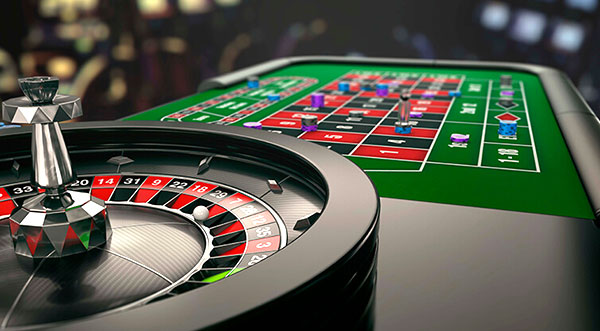Slot machines have been a staple in casinos for over a century, captivating millions with their enticing lights, sounds, and the promise of a big win. From their humble beginnings to their modern incarnations, slot machines have evolved significantly, becoming a symbol of the 777.
The Origins of Slot Machines
The story of slot machines began in the late 19th century. The first mechanical slot machine, known as the Liberty Bell, was invented by Charles Fey in 1895. This simple machine featured three spinning reels and five symbols: diamonds, hearts, spades, horseshoes, and a cracked Liberty Bell. The Liberty Bell became immensely popular and laid the foundation for future slot machines.
How Slot Machines Work
Traditional slot machines operate on a mechanical system of gears and levers. Players pull a handle to spin the reels, which are adorned with various symbols. If the symbols line up in a winning combination on the payline, the player wins a payout.
Modern slot machines have transitioned to electronic and digital systems, but the basic principle remains the same. Instead of physical reels, these machines use computer-generated random number generators (RNGs) to determine the outcome of each spin. RNGs ensure that each spin is independent and fair, making it impossible to predict or influence the results.
Types of Slot Machines
- Classic Slots: These machines are reminiscent of the original Liberty Bell, featuring three reels and simple symbols like fruits, bars, and sevens. They offer straightforward gameplay and are ideal for beginners.
- Video Slots: Video slots are more complex and often feature five or more reels, elaborate graphics, and interactive bonus games. They are known for their high-quality visuals and immersive gameplay.
- Progressive Slots: Progressive slots are linked across multiple machines or casinos, with a portion of each bet contributing to a growing jackpot. The jackpot continues to increase until a lucky player hits the winning combination.
- 3D Slots: These are a more recent development, incorporating advanced graphics and animations to create a three-dimensional gaming experience. They often feature intricate storylines and engaging bonus rounds.
The Appeal of Slot Machines
The allure of slot machines lies in their simplicity and the thrill of chance. Unlike table games that require skill and strategy, slots are purely based on luck. The excitement of spinning the reels and the possibility of winning a substantial payout make slots a popular choice for many gamblers.
The vibrant lights, captivating sounds, and the potential for a life-changing jackpot contribute to the overall appeal. Slot machines also often feature themes based on movies, TV shows, and popular culture, adding an extra layer of entertainment.
Responsible Gambling
While slot machines can be entertaining, it’s important to approach them with caution and responsibility. The ease of play and the allure of big payouts can lead to excessive gambling if not managed properly. Setting limits on time and money spent, and viewing gambling as a form of entertainment rather than a way to make money, can help ensure a positive experience.
Conclusion
Slot machines have come a long way since their inception, evolving from mechanical devices to sophisticated digital games. Their enduring popularity is a testament to their ability to entertain and engage players. As technology continues to advance, slot machines will likely keep innovating, offering new experiences while maintaining the core thrill that has made them a beloved fixture in casinos around the world.




